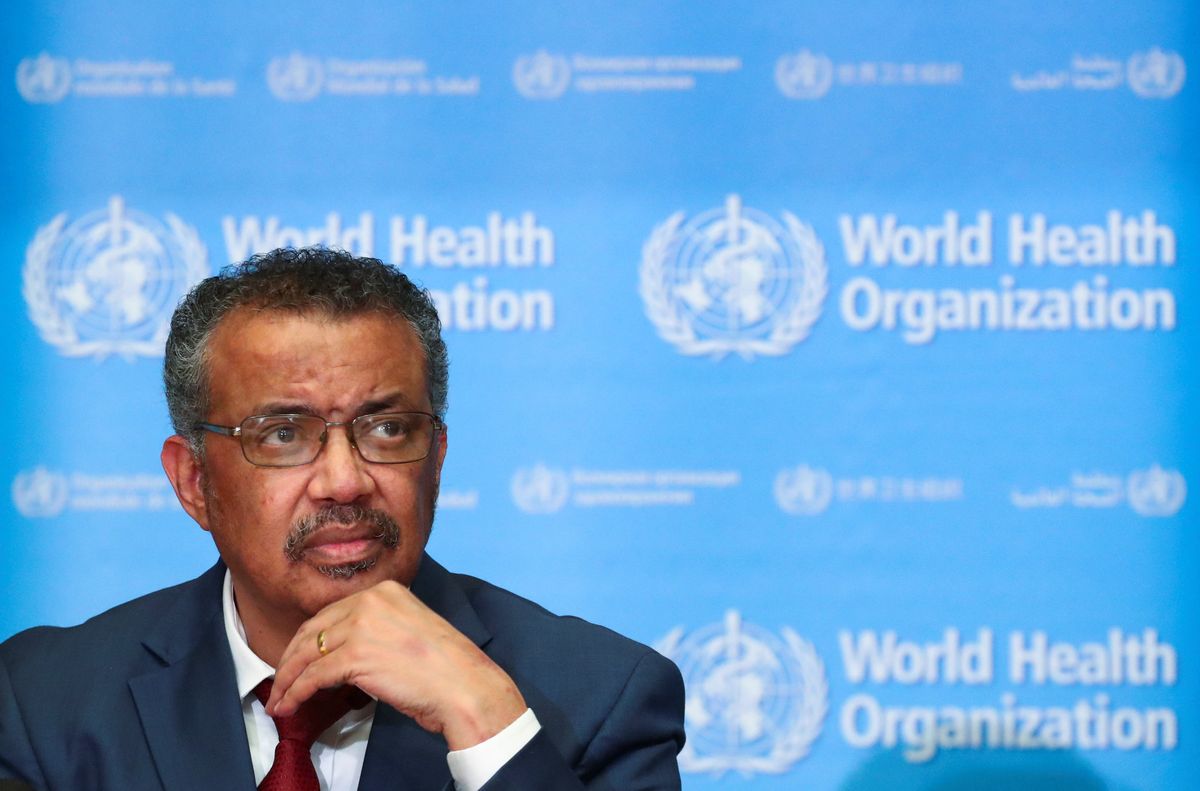In recent weeks, the World Health Organization (WHO) has come under fire for its handling of the coronavirus pandemic. US President Donald Trump in particular has blasted the organization for being too lenient with China over Beijing's opaque mismanagement of the initial outbreak, prompting his decision this week to freeze funding to the organization for 60-days. But what actually is the World Health Organization and why does any of this matter? We break it down here.
How does WHO operate? The World Health Organization is the arm of the United Nations that's responsible for international public health and is charged with leading responses to global health emergencies by delivering essential medical resources to countries with weak infrastructure, monitoring data on unfolding crises, and helping to find vaccines to prevent deadly outbreaks of disease. (It acts as a global hub for information on the dozens of COVID-19 vaccines currently in development.)
All UN member states can become members of the global health organization by paying yearly dues — which are called "assessed contributions" – that are calculated based on the size of each country's population and economy. On top of this, countries and NGOs also support the WHO with voluntary contributions, which make up about three quarters of the organization's funding. The US is by far the largest single funder of the 194-member World Health Organization, contributing as much as $500 million every two years in dues and voluntary contributions. That's why Trump's decision to cut funds is such a huge blow to WHO.
Who's criticizing WHO? Recent criticism of the organization has centered on two main themes:
"The organization waffled in its messaging on COVID-19, and was too slow to declare a public health emergency." Even as late as mid-January, when the number of coronavirus cases outside China was already rising, WHO said there was no proof of human-to-human transmission of the disease, rebuffing warnings, including an emphatic appeal from Taiwanese officials in late December, that the novel coronavirus was spreading rapidly. It wasn't until mid-March, after the number of COVID-19 cases outside China increased 13-fold in just 14 days, that WHO declared COVID-19 a global pandemic. In dragging its feet in addressing the contagion, critics argue, WHO failed to encourage states to take the virus seriously.
For its part, WHO says that it relies on the willingness of member states to cooperate, and does not have the mandate to enter any country "uninvited." WHO officials were only granted access to ground zero of the coronavirus — in a joint mission led by both WHO and Chinese officials — in mid-February.
"The organization has been differential to China, exacerbating the virus' spread." The agency's detractors say that despite growing evidence that the Chinese government knew about the seriousness of the coronavirus in December, and that it had strong-armed Wuhan's scientists into suppressing the data, WHO continued to praise Beijing's response to the crisis – and made little effort to independently verify Chinese government data. As late as mid-January, WHO officials still took at face value Beijing's assertions that the virus was "preventable and controllable" even as new cases appeared outside of China.
But the agency's defenders say, again, that the organization's powers over individual governments are limited, meaning WHO relies on the veracity of member states' information to coordinate an effective response. True, but back in 2003 — when SARS spread in a China that was much less powerful than it is today — WHO was freer in its criticism of Beijing's efforts to suppress data.



















